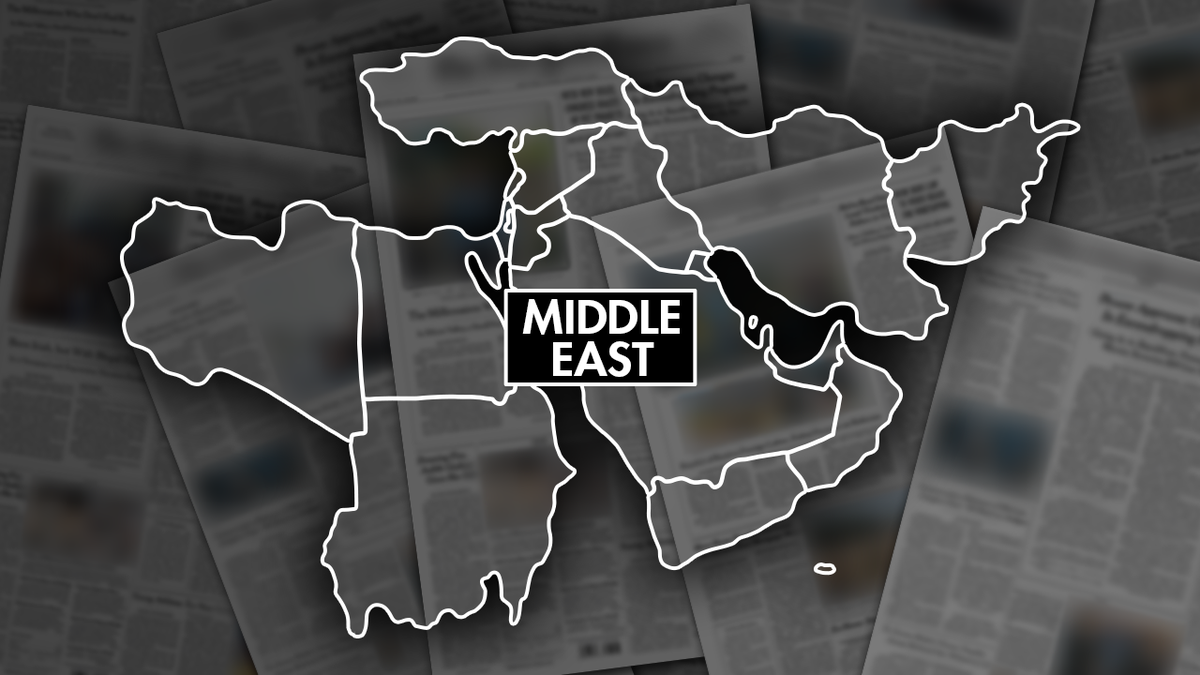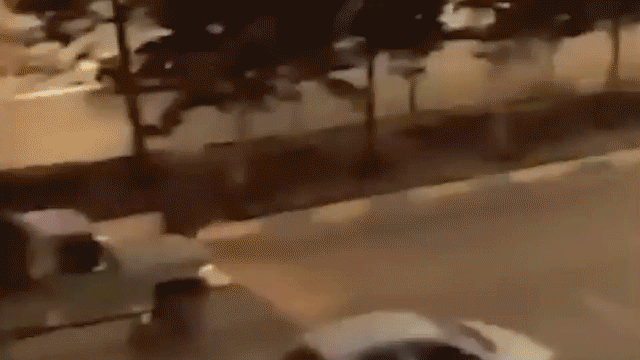Fox News Flash top headlines for June 19
Fox News Flash top headlines are here. Check out what's clicking on Foxnews.com.
- U.N. special envoy for Libya Abdoulaye Bathily announced Monday plans to intensify negotiations with the country's rival political factions.
- Bathily aims to address issues and conflicts that have delayed long-postponed elections in the country.
- Bathily has called current action taken "an important step forward, though not sufficient to resolve the most contested issues and enable successful elections."
The U.N. special envoy for Libya said Monday he plans to intensify negotiations with the country’s feuding parties to reach "a final settlement" in the coming months on the most contentious issues blocking long postponed elections in the troubled North African nation.
Abdoulaye Bathily warned the U.N. Security Council that prolonging the current status quo "is fraught with disaster for Libya and its neighbors." And he said it’s imperative that members increase pressure on the parties, speak with one voice, and act "to remove spoilers."
Bathily called draft laws for presidential and parliamentary elections agreed to by a committee drawn from Libya’s two rival legislative bodies on June 6 "an important step forward, though not sufficient to resolve the most contested issues and enable successful elections."
THOUSANDS OF MIGRANTS DETAINED AT LIBYAN BORDER IN ONGOING CRACKDOWN, ACTIVISTS REPORT
He said the four most politically contested issues in the draft laws are: eligibility criteria for presidential candidates, a mandatory second round of voting even if a candidate gets more than the 50% required to win, no parliamentary elections if presidential elections fail in a first round, and establishment of a new interim government before elections.
Without compromise on these issues, Bathily warned that the contested issues are likely to take the electoral process into a dead end as happened in 2021, "which will result in further polarization and even the destabilization of the country."

The U.N. special envoy for Libya has announced plans to intensify diplomatic negotiations with the unstable North African nation as continued conflicts delay its prospective elections.
Oil-rich Libya plunged into chaos after a NATO-backed uprising toppled and killed longtime dictator Moammar Gadhafi in 2011. In the chaos that followed, the county split with the rival administrations in the east and west backed by rogue militias and foreign governments.
The country’s current political crisis stems from the failure to hold elections on Dec. 24, 2021, and the refusal of Prime Minister Abdul Hamid Dbeibah — who led a transitional government in the capital of Tripoli — to step down. In response, the country’s east-based parliament appointed a rival prime minister, Fathy Bashagha, who has for months sought to install his government in Tripoli.
HOPES FOR LIBYAN UNITY DASHED BY ELECTORAL DISPUTES
Bathily said the political process in Libya "has once again reached a critical stage," stressing that "successful elections require not just a legal framework, but also a political agreement that ensures buy-in and inclusion of all major stakeholders."
"By my next briefing to the council, I intend to intensify negotiations and convene major stakeholders or their trusted representatives to reach a final settlement on the most contentious issues, make the draft laws implementable and enable successful elections with an inclusive political agreement," the U.N. special representative said. Bathily has been briefing the council about every two months.
On the security front, Bathily said Tripoli has remained relatively calm but ongoing government operations against drug, weapons, fuel and human trafficking activities in the coastal town of Zawiya and surrounding areas "have prompted allegations of political motives" and could risk undermining the capital’s stability.
CLICK HERE TO GET THE FOX NEWS APP
He also expressed concern at "excessive controls by security agencies" restricting human rights, including freedom of assembly and freedom of movement.









































